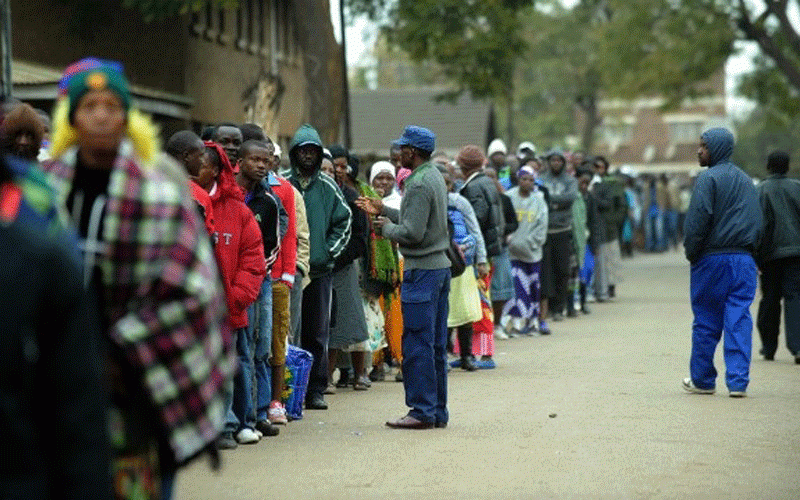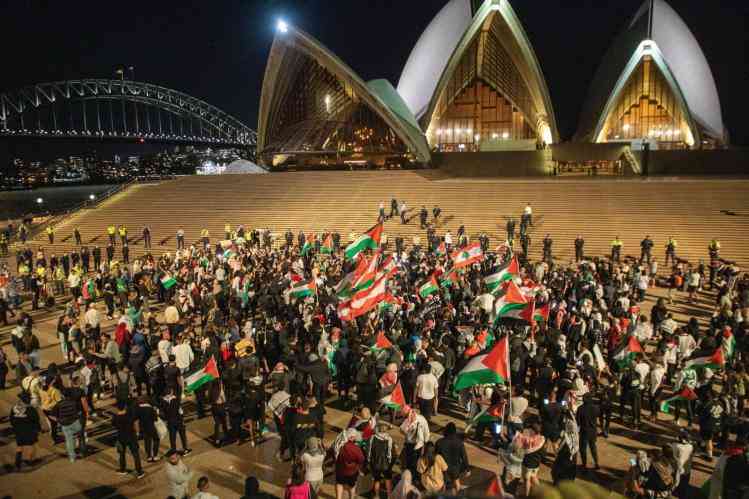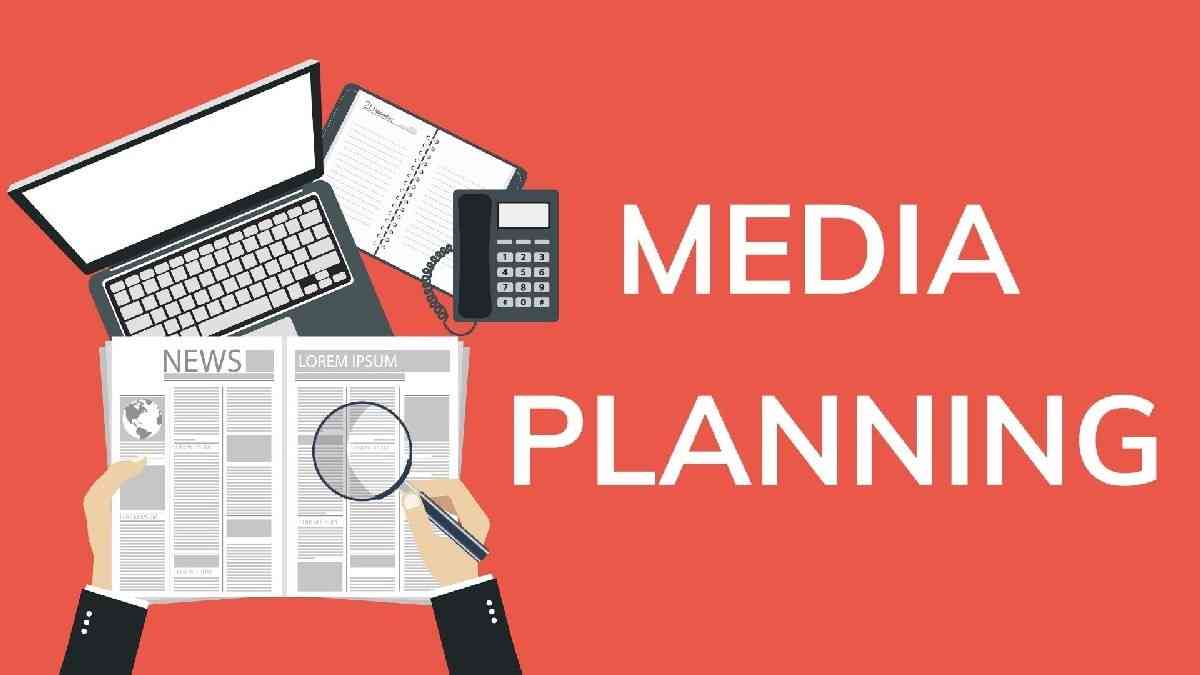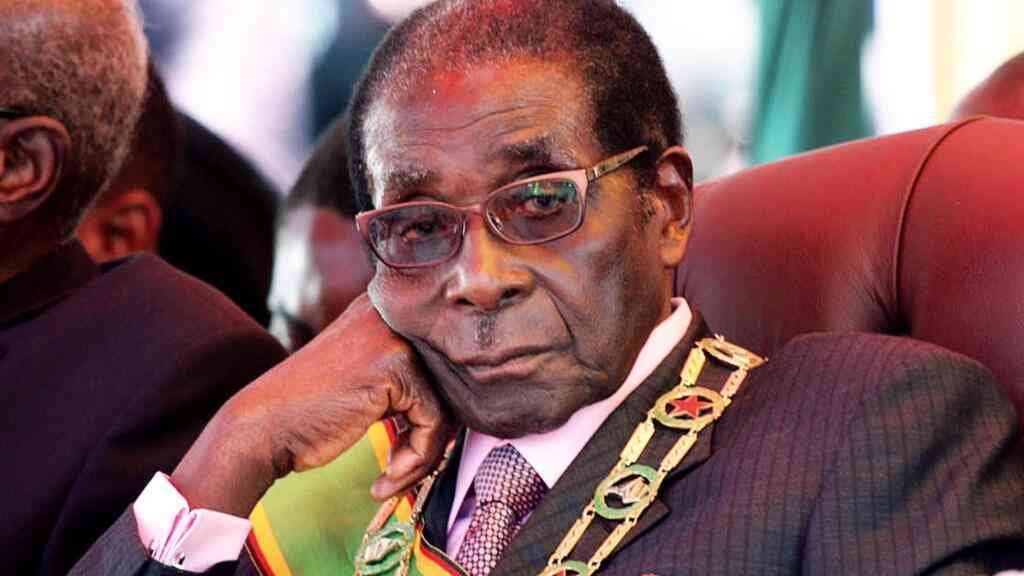
Zimbabwe will hold its second general election since the ousting of former president Robert Mugabe in November 2017, and it will be a crucial test for democracy. We have already entered the silly season in full throttle in the New Year and we have seen early warning shots fired.
It has been a war for the hearts and minds of the electorate as the protagonists employ all tactics, using or abusing the communication platforms available.
It is indeed a battle of wills and who shapes the narrative. While they recognise the growing power of social media as a platform of choice, the management of communications remains critical in getting the messages out to a restive electorate.
The general election will take place this year via a proclamation by the President of the country. This will be the first time in nearly two decades that the ruling party, Zanu PF, will face a serious challenge from a rejuvenated opposition.
The question of the timing of the elections presents a daunting element for the opposition, who need time to make inroads into the ruling party’s strongholds. For all we know, there may not be enough time since the declaration of the elections remains the prerogative of the sitting president.
What is the role of public relations in all of this? Granted that the industry is often misunderstood, and PR is not just about spin or getting free media coverage. It is a strategic communications discipline that helps organizations achieve their objectives by managing and influencing the perceptions of key audiences. Which is exactly what political parties and their candidates seek to achieve.
PR is especially important during a general election when candidates are vying for votes from the public. A strong public relations strategy can help candidates connect with voters and build support for their platform. It can also help a candidate navigate the often-negative news cycle.
In the age of social media, bad news can spread quickly and has a lasting impact. A good PR team can help a candidate quickly respond to negative stories and minimize the damage. In the same vein, PR can play a proactive role in helping a candidate build relationships with key influencers, such as reporters, bloggers, and community leaders. These relationships can be invaluable in getting a candidate’s message out to a wider audience.
- Mavhunga puts DeMbare into Chibuku quarterfinals
- Bulls to charge into Zimbabwe gold stocks
- Ndiraya concerned as goals dry up
- Letters: How solar power is transforming African farms
Keep Reading
The bottom line is that public relations is an essential tool for any candidate seeking office. Those who invest in a strong PR strategy are more likely to win votes and, ultimately, elections.
In the lead-up to the election, there has been a lot of talk about issues regarding the fairness and integrity of the coming polls. With so many campaigns and candidates vying for attention, it’s more important than ever to make sure that the right public information is being put out there.
PR can be a powerful tool to help shape the narrative and build support for a candidate or party. With the right strategy, it can make all the difference in a close election.
In the lead-up to the election, public relations will be important in helping the various political parties get their message out to the people. It will also be important to ensure that the public has accurate information about the candidates and the issues at stake.
The general election in Zimbabwe is an important time for the country’s future. The vote will be a test of the country’s commitment to democracy and a sign of things to come for the nation’s economy. With so much at stake, it’s important to understand the issues at play and what they mean for the country’s future. These are articulated by the contesting parties’ manifestos. How they present them and the electorate interpret them is an important aspect of communication.
PR can help ensure that they communicate the right messages to the electorate. In this digital age, it is more important than ever for political campaigns to be active on social media and to have a strong online presence. But with so many platforms and so much content shared every day, how can you ensure that your campaign messages are being seen and heard by the electorate?
By working with media outlets and thought leaders, PR can help get your campaign messages in front of the right people. In addition, PR can help you build relationships with key influencers who can help amplify your messages to a big audience. If you want to ensure that campaign messages are being seen and heard by the electorate, consider using PR to get the message out there.
PR can help to build trust and confidence in the electoral process in a world where there often is distrust of the media. We can say the same about the electoral institutions in the country. By communicating effectively with the public, PR professionals can help to inform and engage the electorate, which ensures openness and accountability of the process.
In the run-up to an election, PR can help to build momentum and excitement for the campaign. It can also help to manage expectations so that so as not to disappoint the voters with the outcome. After the election, PR can help to build bridges between the winners and losers. By communicating effectively, PR can help to heal divisions and ensure that everyone feels included.
PR can, therefore, play a vital role in ensuring that the electoral process is smooth, efficient, and trustworthy.
There is a need to ensure that the conduct of the election is fair and transparent. Voter registration is one of the most important elements of consultation and participation. However, its implementation has been disappointing sometimes, leading to complaints by political parties and civic organisations alike. Of great concern is the unavailability of the voters’ register to those who have a vested interest in the political process. A cloud of doubt has shrouded that and the delimitation process.
Access to voting remains an issue in several countries in the region. In Zimbabwe, election security and public order are, as the recent events in recent polls show, vitally important and media-sensitive issues. Managing and ensuring access to critical information remains a challenge, one in that communicators can play a role in helping to protect the integrity of the election process.
Using technologies such as biometrics can assist poll workers to quickly verify the identity of a voter while they are in line to vote. Biometrics can also help to weed out fraudulent voter registrations, as well as make enhancements to the mobile polling approach. Whether you are looking at securing schools, government offices and critical infrastructure or voter registration, PR can be key in protecting identity and ensuring safe access for voters worried about the secrecy and security of their vote.
The general election in Zimbabwe is a monumental event, and PR can play an important role. PR can help to raise awareness of the election, engage citizens, and promote transparency and accountability. Government, political parties, election officials and candidates should all appreciate the role of PR in the run-up, during and after post-elections.
- Lenox Mhlanga is a consultant communications specialist with over 20 years of experience in the field. He has worked with The World Bank and blue chip companies, as well as civic institutions in Zimbabwe and the region. Contact him for counsel and training in electoral communication strategy on mobile: +263 772 400 656 and email: [email protected]










